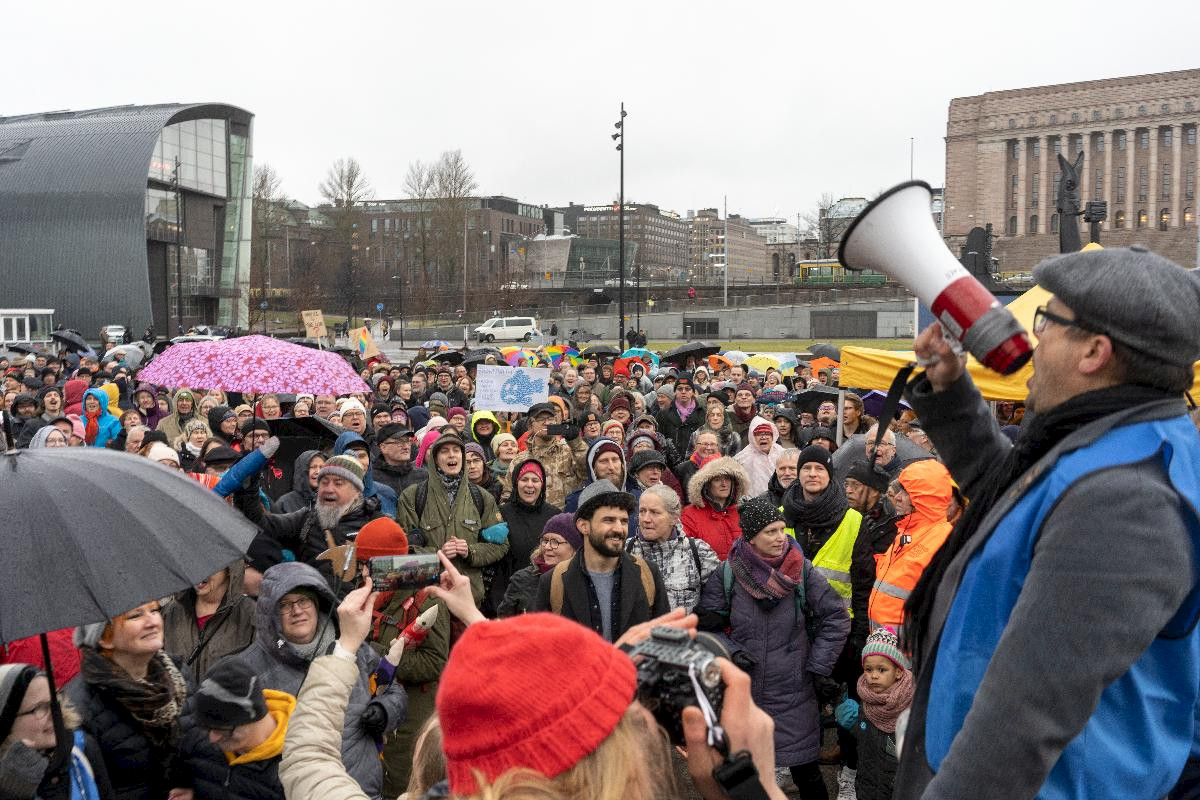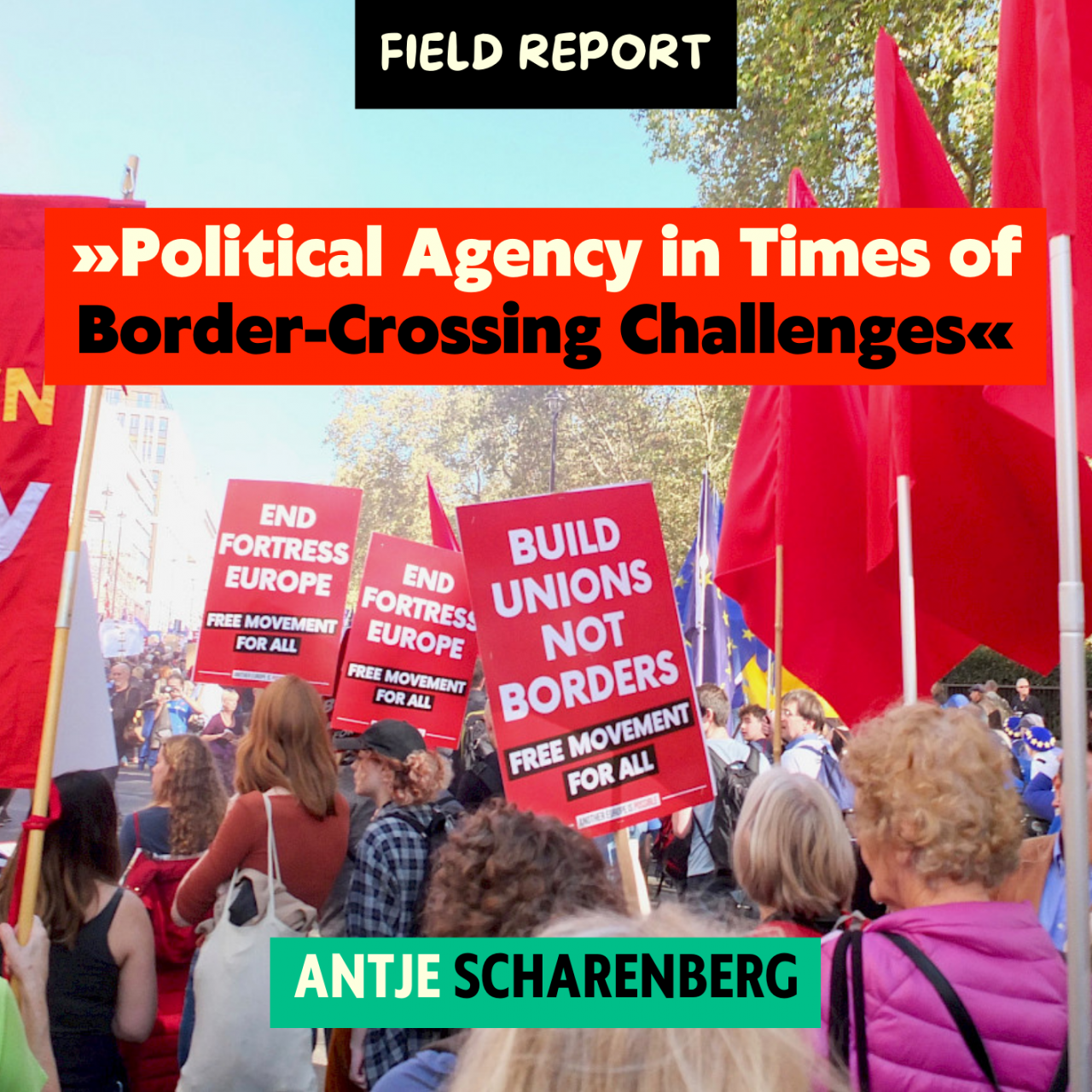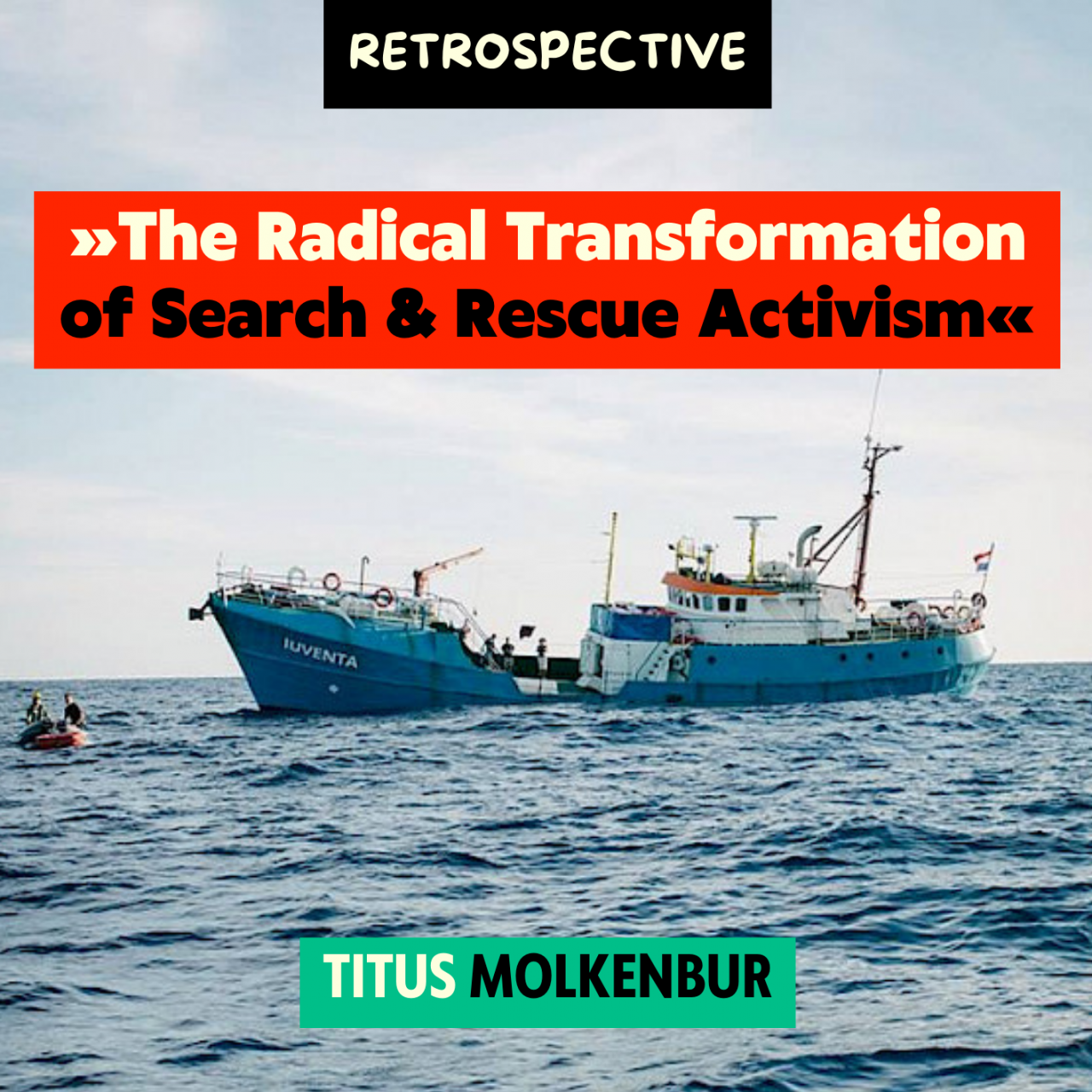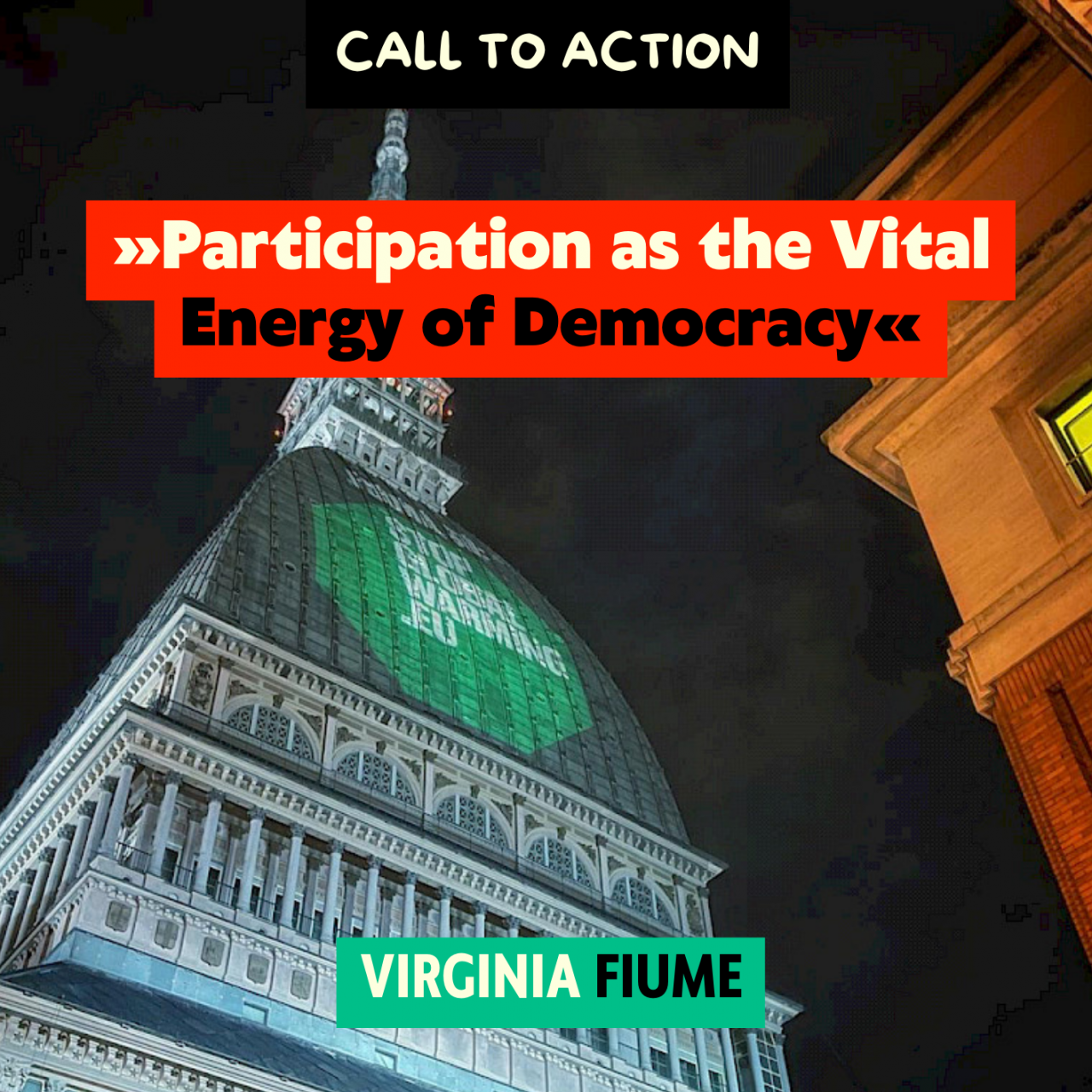
Why are activists (re)engaging with Europe?
Europe can no longer be ignored, even if one deals with national, or even local, issues. While until about a decade ago civil society organisations were able to go about their business and largely disregard European politics, this is no longer the case. We are observing a shift from a disinterested or matter-of-fact attitude towards Europe among civil society, and a renewed interest in all matters European, combined with a critical reengagement with the EU on a political level. This isn’t to say that Europe had not been at all an object of political contestation before, but that the prevailing attitudes among civil society were either those of somewhat blind faith in the project, or disenchantment, while vehement anti-Europeanism were the domain of the radical and extreme right.
This discovery of Europe didn’t arise in vacuum and has been prompted by a series of earth-shattering crises that ravaged Europe in the twenty-first century. The multiple crises that hit Europe in the twenty-first century, and the sprouting of regressive political forces that capitalised on them, have been a wake-up call especially for progressive civil society. These were predominantly the 2008 financial, and the ensuing Euro crisis, and the migration emergency of 2015, and now COVID-19, that constituted the main turning points.
These crises – causing the breakdown of economic and human insecurity – have been instrumentalised for political gain and thereby exacerbated by populist political forces. These were, in part, precisely ethno-nationalist populists of various guises who have managed to shake civil society out of their complacency over the trajectory of European integration, to critique it, and to reformulate it. This has led to the repoliticisation of the issue of Europe, forcing civil society to take a stance. In other words, civil society begun its reengagement with Europe in response to those crises, but also to the regressive political takeovers they enabled. Ironically, right-wing populist contestation of Europe has also changed. Their stance has shifted from the disavowal of the European project to a renaissance of the Europe of fatherlands idea. Particularly following Brexit, most populists do not want to ‘leave’ Europe, they want to take it over.
Consequently, an activist or civil society organisation trying to work on any issue in Europe today needs to be aware of those dynamics discussed above. One can no longer disregard what used to be coined as “European” politics and keep one’s attention on the national and local sphere alone. In result of the financial, migration, and increasingly the COVID-induced health crises policies conceptualised on the European level are the bread and butter of every policy debate. Close scrutiny of what issues are taken up by the Council of Ministers, what is legislated in the European Parliament, what agendas are open to public consultation by the European Commission, and what are the rulings of the European Court of Justice are a must for any transnational activist. Even if one is uncompromisingly critical of the EU, disregarding the European dimension of a political and policy debate is out of step with reality. This is equally true of, for example, local organisations extending help to migrants and refugees, as it is of associations advocating for media transparency across the continent.



